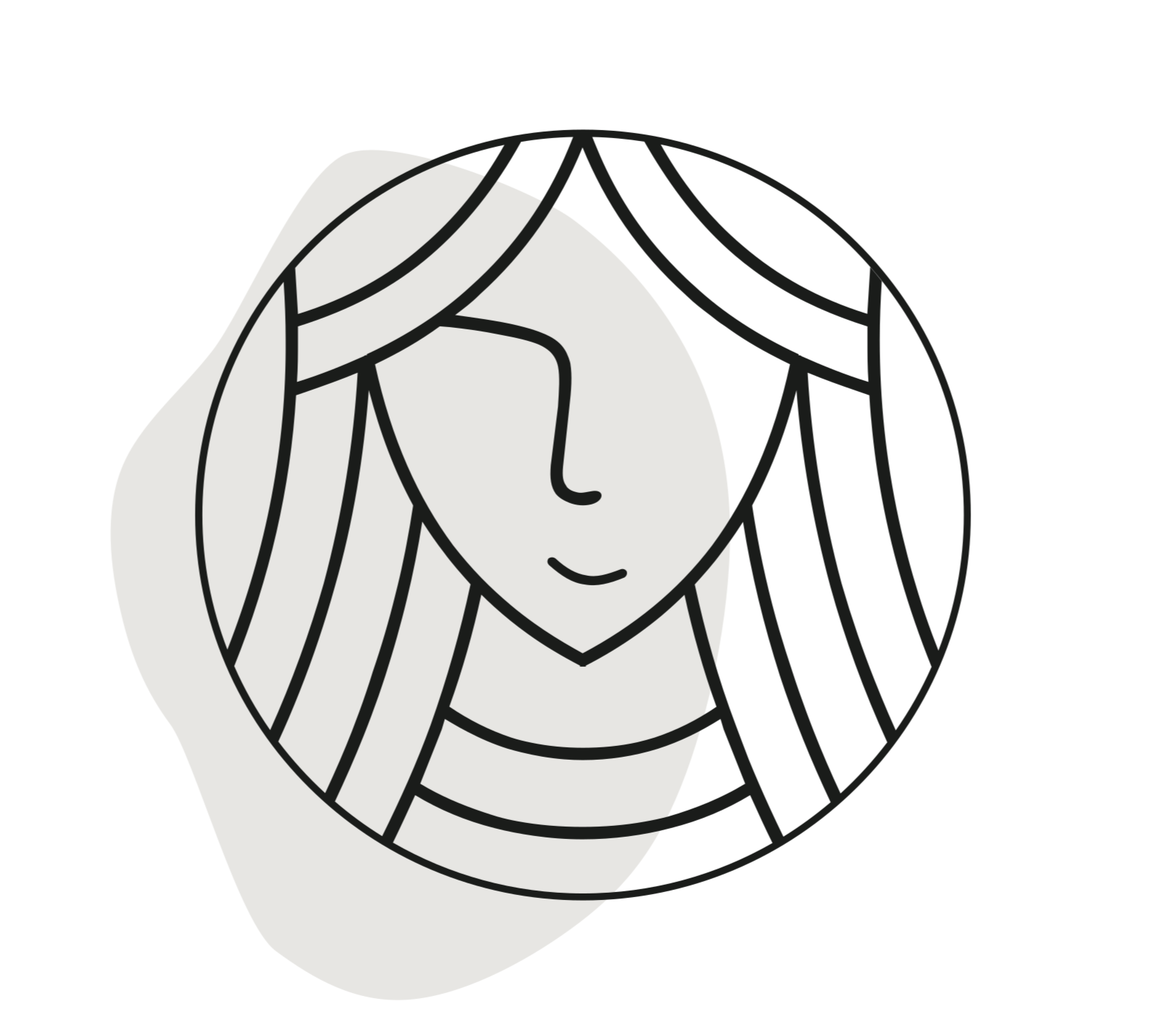
Intrusive thoughts are something that everyone has. That said, they are also an important symptom of some mental health conditions, like obsessive-compulsive disorder (OCD). So, how can you tell the difference? It helps to have an understanding of some key facts about intrusive thoughts:
- Intrusive thoughts are normal. We all experience them.
- They are unpleasant and distressing. If it makes you feel good, it is not an intrusive thought.
- Intrusive thoughts are meaningless and do not accurately reflect your character, intent, or the future.
- They are uncontrollable. There is no way to stop them from happening. Fighting them will only cause more suffering.
Intrusive thoughts typically become a problem once we identify with them and try to negate them with thoughts and behaviors.
3 Questions to Ask When Concerned about Intrusive Thoughts
If you find that your intrusive thoughts hold a little more weight than they should, there are three questions you can ask yourself to help determine whether they are a symptom of something more.
1. Do you believe the intrusive thought is a sign that something is wrong with you?
The problem starts when you believe that having the thought is as bad as doing the thing you are thinking about- a phenomenon known as thought-action fusion (TAF).
Feeling startled or unsettled by intrusive thoughts when they occur is normal, but if you continually stress what they might mean or say about you, it could indicate something more serious.
2. Is Your Intrusive Thought Followed by a Compulsion?
On their own, intrusive thoughts will not trigger a behavior to reduce anxiety or prevent a negative event from happening. OCD intrusive thoughts, on the other hand, are often followed by compulsions.
Compulsions, or rituals, are typically performed to neutralize thoughts based on the fear that acceptance confirms having them makes you a bad, immoral, or fundamentally flawed person.
Compulsions encompass more than observable behaviors—like washing hands, checking locks, or putting things in order. They also include mental behaviors, such as thinking “good” thoughts to negate intrusive ones, repeating lucky phrases, counting to a subjectively comforting number, searching internally for reassuring evidence, or otherwise endlessly analyzing aspects of inner experience.
3. Do Your Intrusive Thoughts Interfere with Your Ability to Function?
If intrusive thoughts keep you from living the life you want to live- whether at work, home or with friends- and interfere with your ability to function in the areas of life that you care about, then they are likely a result of a mental health condition.
Filtering Intrusive Thoughts with Appraisals
Intrusive thoughts are normal and uncontrollable. They don’t have to be distressing. What comes from them depends greatly upon how you perceive them. Cognitive therapists use the term appraisals to represent the meaning you assign to intrusive thoughts. Appraisals are under your control – you can access, evaluate, or change them anytime.
An example is Fred, a loving family man who suddenly experiences an intrusive thought about injuring someone. He appraises the thought as dangerous (or wrong), and it sends his anxiety through the roof.
Meanwhile, Phoebe, a college student with a big heart, shares a similar intrusive thought, but she brushes it off as random and meaningless. This allows her to accept the thought and move on.
In both cases, the intrusive thought didn’t align with their beliefs, desires, or values. Phoebe let it go while Fred identified with the thought and suffered unnecessarily.
Help For Accepting Intrusive Thoughts
If you believe your intrusive thoughts are becoming a problem or are a symptom of OCD, Levi Riven, Ph. D., offers some simple and effective advice:
- Intrusive thoughts – the trigger – accept that intrusive thoughts are meaningless and do not reflect who you are.
- Appraisals – the filter – evaluate or change any beliefs interfering with accepting intrusive thoughts.
- Compulsions – the response – stop or prevent mental and physical rituals that interfere with your ability to accept intrusive thoughts.
For more support, Riven recommends seeking a qualified professional.

Intrusive thoughts aren’t fun, but they are a normal human experience. If you start identifying with them, responding compulsively, or having difficulty functioning, it may be a sign of something more serious, like OCD or another mental health condition. Adjusting your filter and responses can help you accept and move on from intrusive thoughts. If you have trouble doing this alone, contact a trained therapist for additional strategies and tools.
References:
- Abramson, C. (2023, March 24). Intrusive Thoughts Vs OCD. Treat My OCD. https://www.treatmyocd.com/what-is-ocd/info/related-symptoms-conditions/intrusive-thoughts-vs-ocd
- Riven, L. (2022, February 23). 3 Kinds of OCD Thoughts and
How to Deal With Them. Psychology Today. https://www.psychologytoday.com/intl/blog/demystifying-ocd/202202/3-kinds-ocd-thoughts-and-how-deal-them
